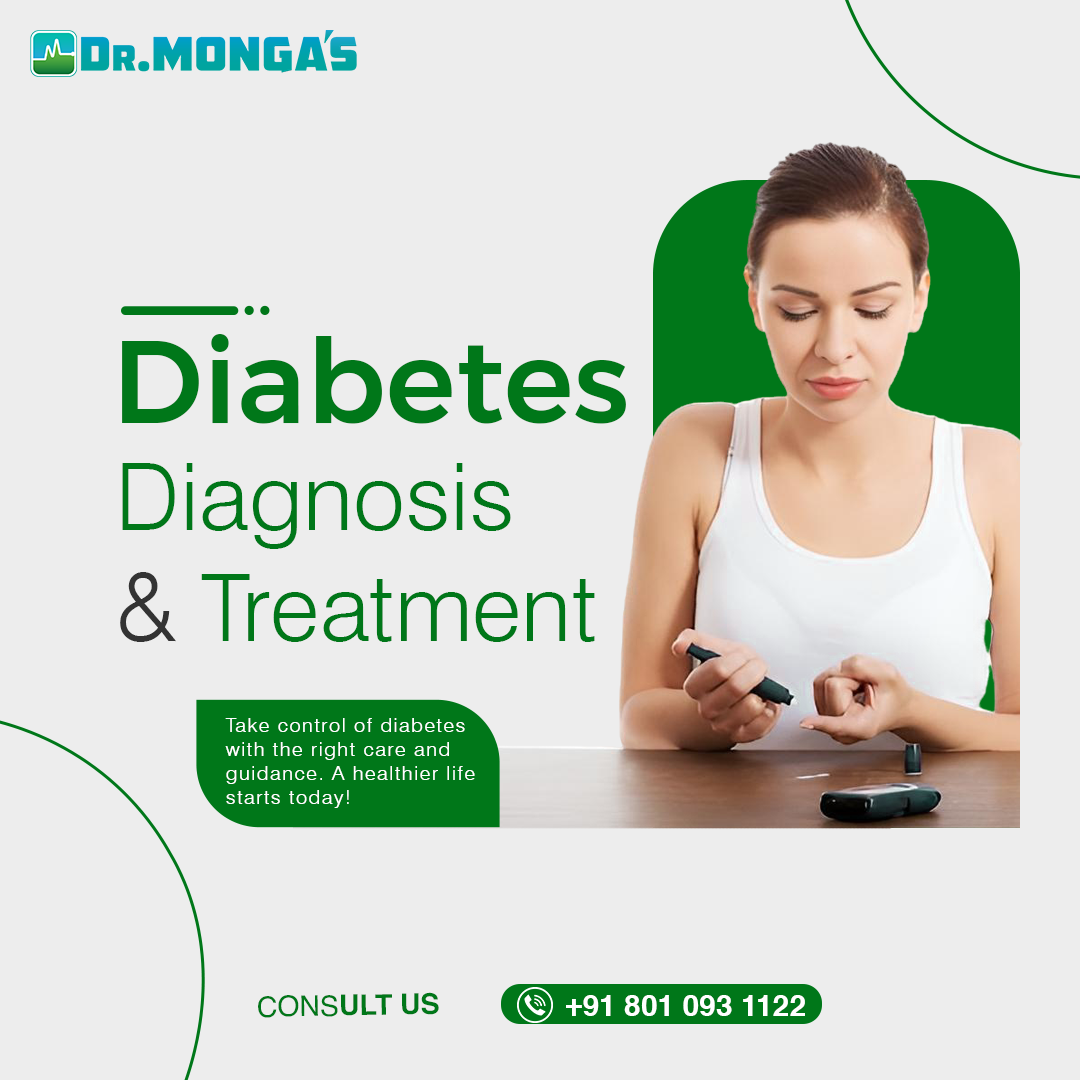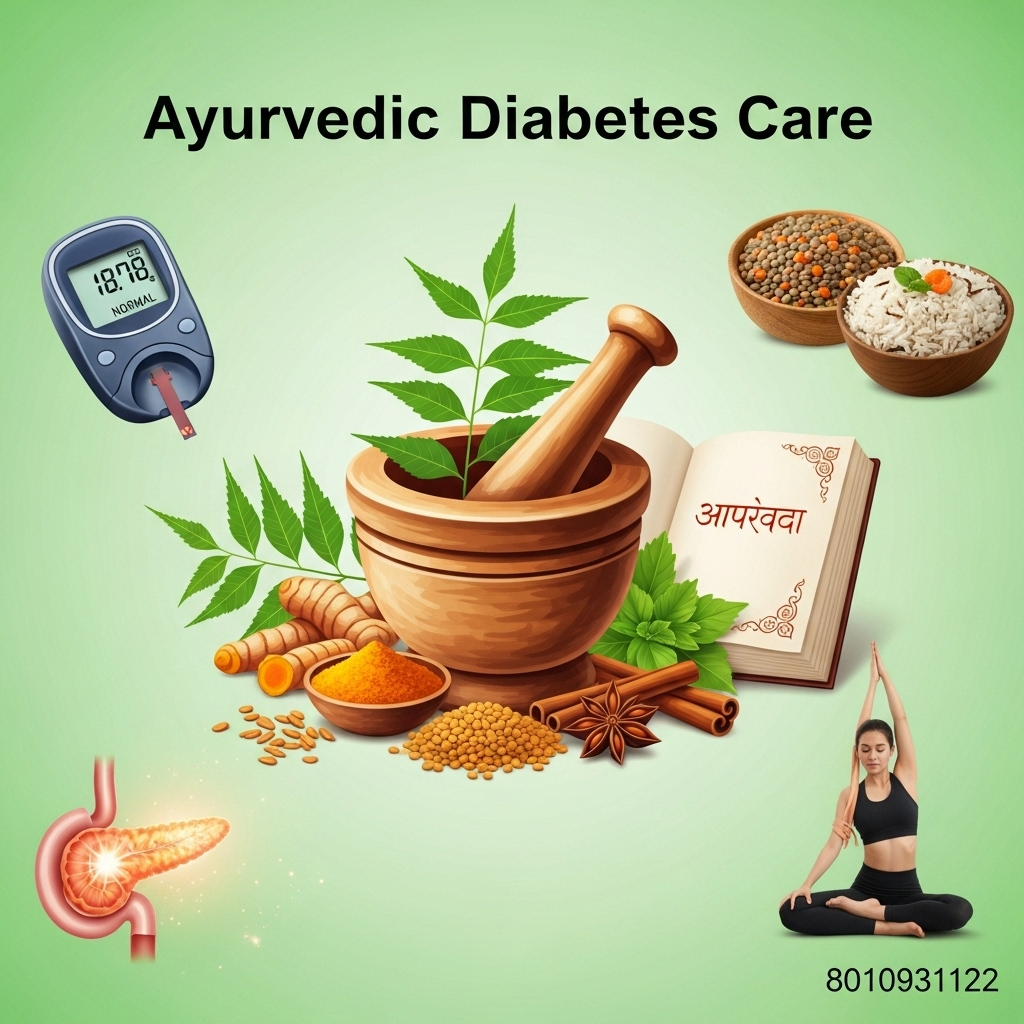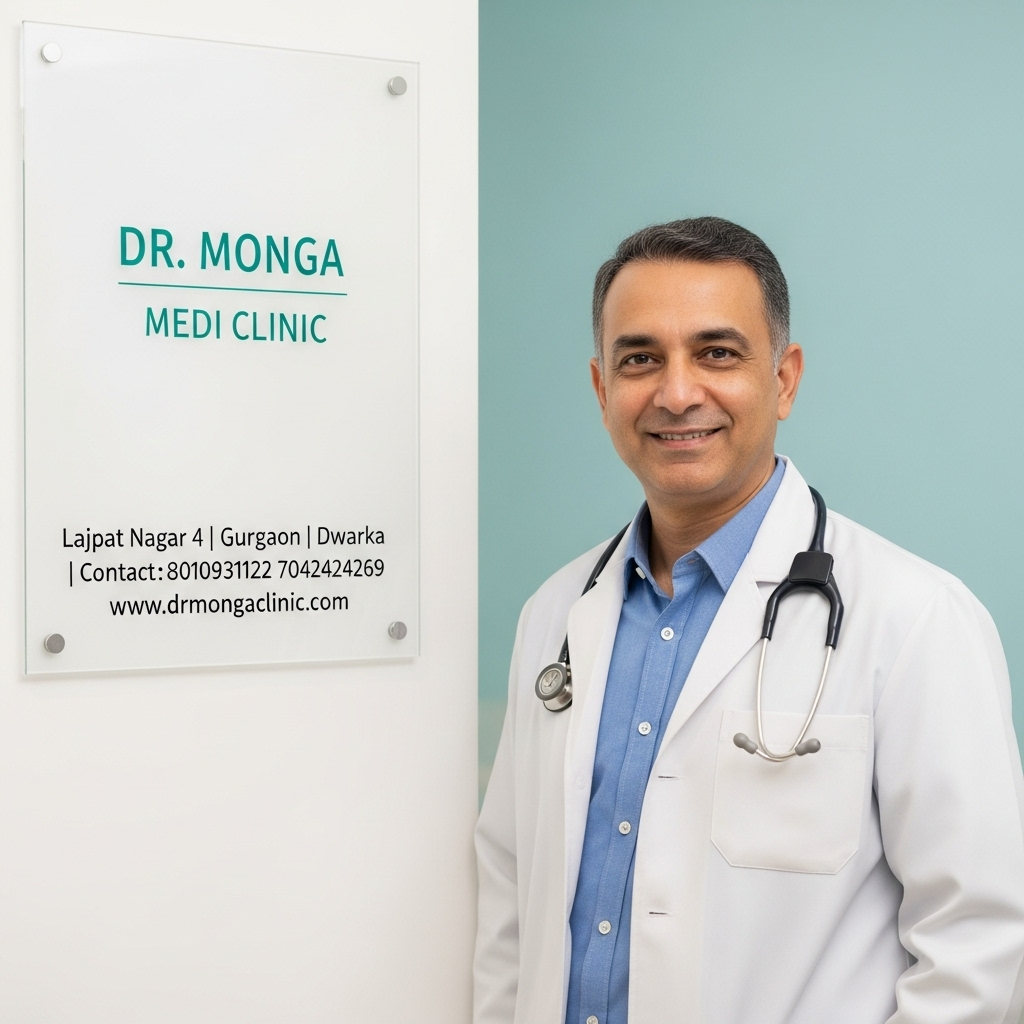What is Diabetes?
Diabetes is a chronic disease in which the body cannot manage blood sugar (glucose) levels effectively. It is caused either by an inability of the pancreas to produce sufficient insulin or by the failure of the body to use the available insulin. If left unchecked, it can cause serious health issues in the long run, including heart conditions, kidney failure, vision impairments, and nerve damage.
You can consult a Sugar Specialist in Delhi for proper diagnosis, treatment and management of this condition.
Types of Diabetes
Type 1 Diabetes
- An autoimmune condition where the immune system attacks insulin-producing cells in the pancreas.
- Typically diagnosed in children and young adults, though it can occur at any age.
- Requires daily insulin therapy for management.
Type 2 Diabetes
- The most common type of diabetes, often linked to lifestyle factors like obesity and physical inactivity.
- The body becomes resistant to insulin, or the pancreas doesn’t produce enough insulin.
- Can be managed through a combination of diet, exercise, oral medications, and sometimes insulin therapy.
Gestational Diabetes
- Occurs during pregnancy due to hormonal changes and increased insulin resistance.
- Usually resolves after delivery but increases the risk of developing Type 2 Diabetic later in life.
Prediabetes
- A condition where blood sugar levels are higher than normal but not high enough to be classified as Type 2 Diabetic.
- Lifestyle changes can prevent or delay progression to Type 2 diabetes.
What are the Symptoms of diabetes?
- Increased thirst (polydipsia): Feeling extremely thirsty and drinking more water than usual.
- Frequent urination (polyuria): Needing to urinate more often, especially at night.
- Excessive hunger (polyphagia): Feeling hungry even after eating meals.
- Weight loss for no apparent reason: Losing weight without effort, especially in type 1 diabetes.
- Fatigue: Persistent tiredness or lack of energy.
- Blurred vision: Difficulty concentrating or blurred vision.
- Slow-healing wounds or infections: Cuts, sores or infections that take longer to heal.
- Tingling or numbness: Feeling numb or tingling in the hands or feet, often in type 2 diabetes.
- Dark patches of skin: In some cases, dark patches of skin (acanthosis nigricans) appear, especially around the neck or armpits.
If you experience any of these symptoms, you can consult Dr. Monga Clinic for accurate diagnosis and timely treatment.
How common is diabetes?
Diabetes is prevalent. In the United States, 37.4 million people, or about 11% of the population, have diabetes. Ninety to ninety-five percent of all Sugar cases are type 2 diabetes.
About 537 million adults worldwide have diabetes. Experts estimate that this number will grow to 645 million by 2030 and 784 million by 2045.
How Dr. Monga Clinic Treats Diabetes
Comprehensive Diagnosis:
- Blood sugar level tests, HbA1c tests, and screening for related complications are performed to assess the patient’s condition.
Lifestyle Counseling:
- Expert guidance on diet and nutrition to help manage blood sugar levels.
- Exercise regimen to improve insulin sensitivity.
- Stress management techniques to reduce blood sugar fluctuations.
Continuous monitoring and support:
- Regular follow-ups to track progress and make necessary adjustments to the treatment plan.
If you are experiencing symptoms such as increased thirst, frequent urination, fatigue or unexplained weight loss, consult a Sugar Specialist in Delhi for comprehensive care and management at Dr. Monga Clinic. Timely intervention can significantly improve outcomes and quality of life.











Leave a Reply